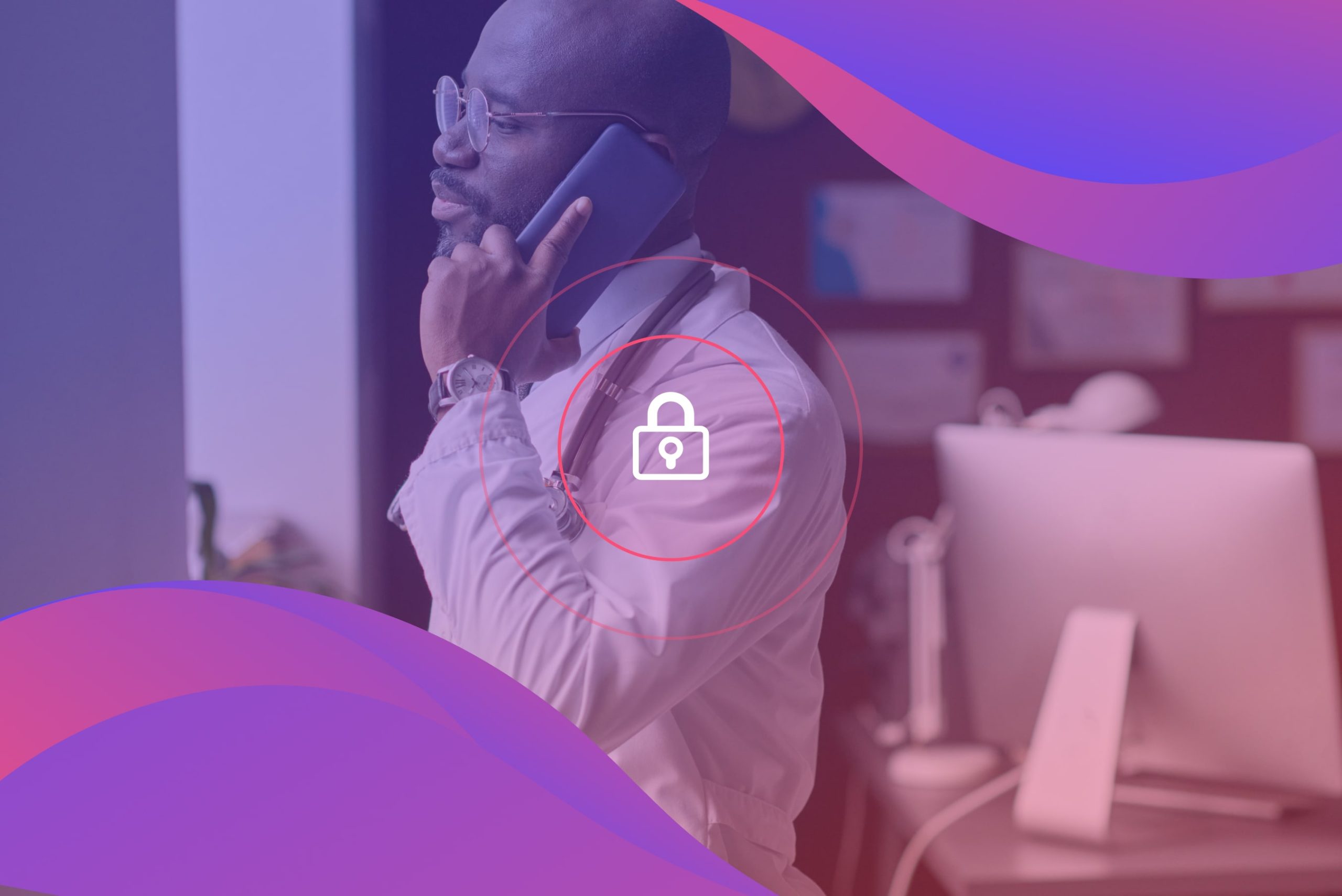Healthcare organizations rely heavily on phone calls to schedule appointments, discuss treatments, and handle patient inquiries.
However, with the increasing risks of data breaches and regulatory requirements, ensuring HIPAA compliance in call tracking is more important than ever.
Patient data can be exposed without proper safeguards, leading to hefty fines and reputational damage. But how can healthcare providers track calls while staying HIPAA-compliant?
In this guide, we examine HIPAA-compliant call tracking, why it’s essential, and how you can implement it securely in your practice.
What Is HIPAA-Compliant Call Tracking?
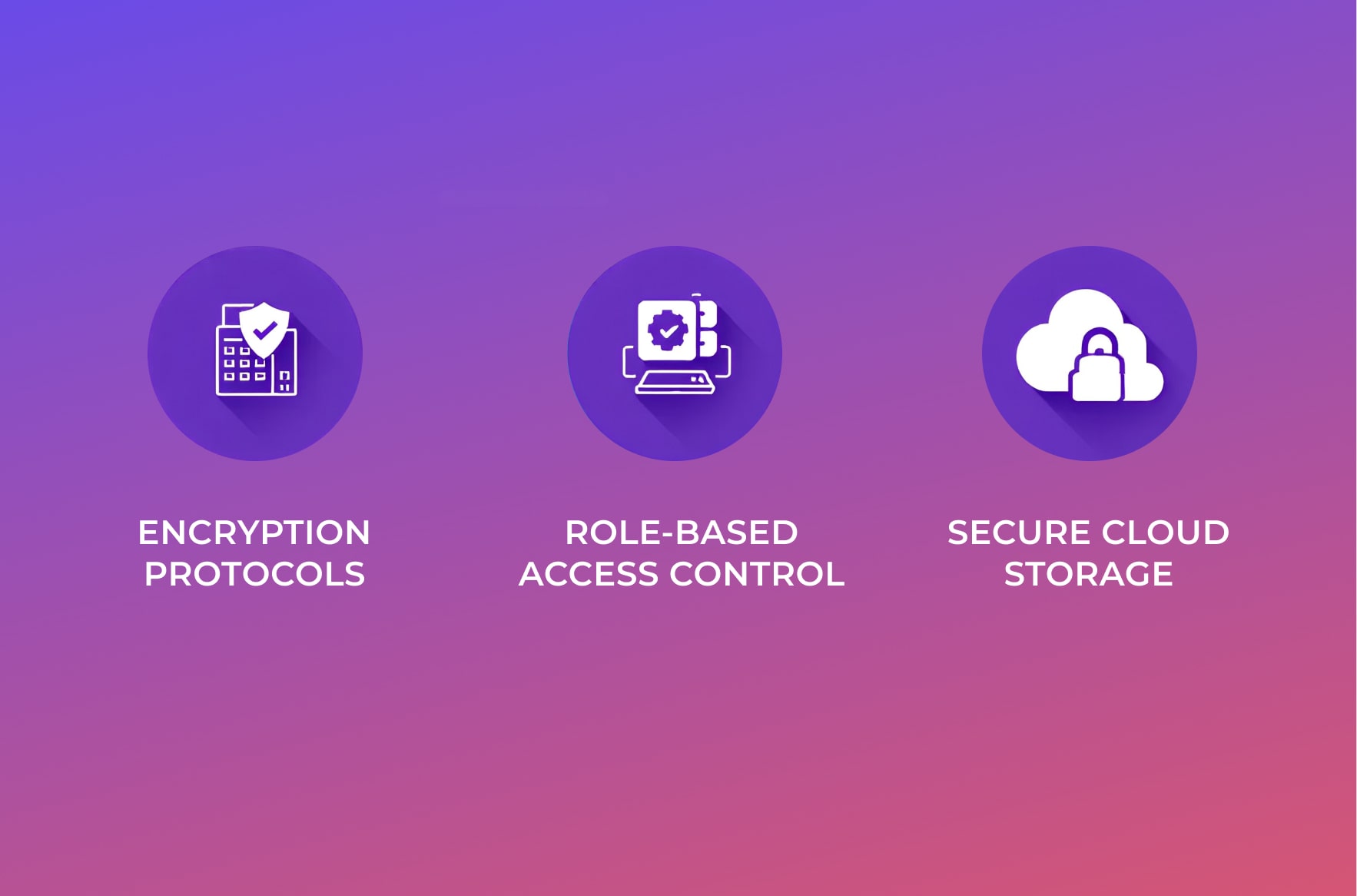
HIPAA (Health Insurance Portability and Accountability Act) sets strict guidelines for handling protected health information (PHI), which includes patient names, medical conditions, and contact details.
Call tracking allows healthcare organizations to monitor and analyze incoming calls to improve patient communication and marketing efforts. However, not all call tracking solutions are HIPAA-compliant.
A HIPAA-compliant call tracking system ensures that any patient information gathered from phone calls is:
- Encrypted during transmission and storage.
- Protected with access control to prevent unauthorized use.
- Stored securely in a way that meets HIPAA guidelines.
Why Healthcare Organizations Need HIPAA-Compliant Call Tracking
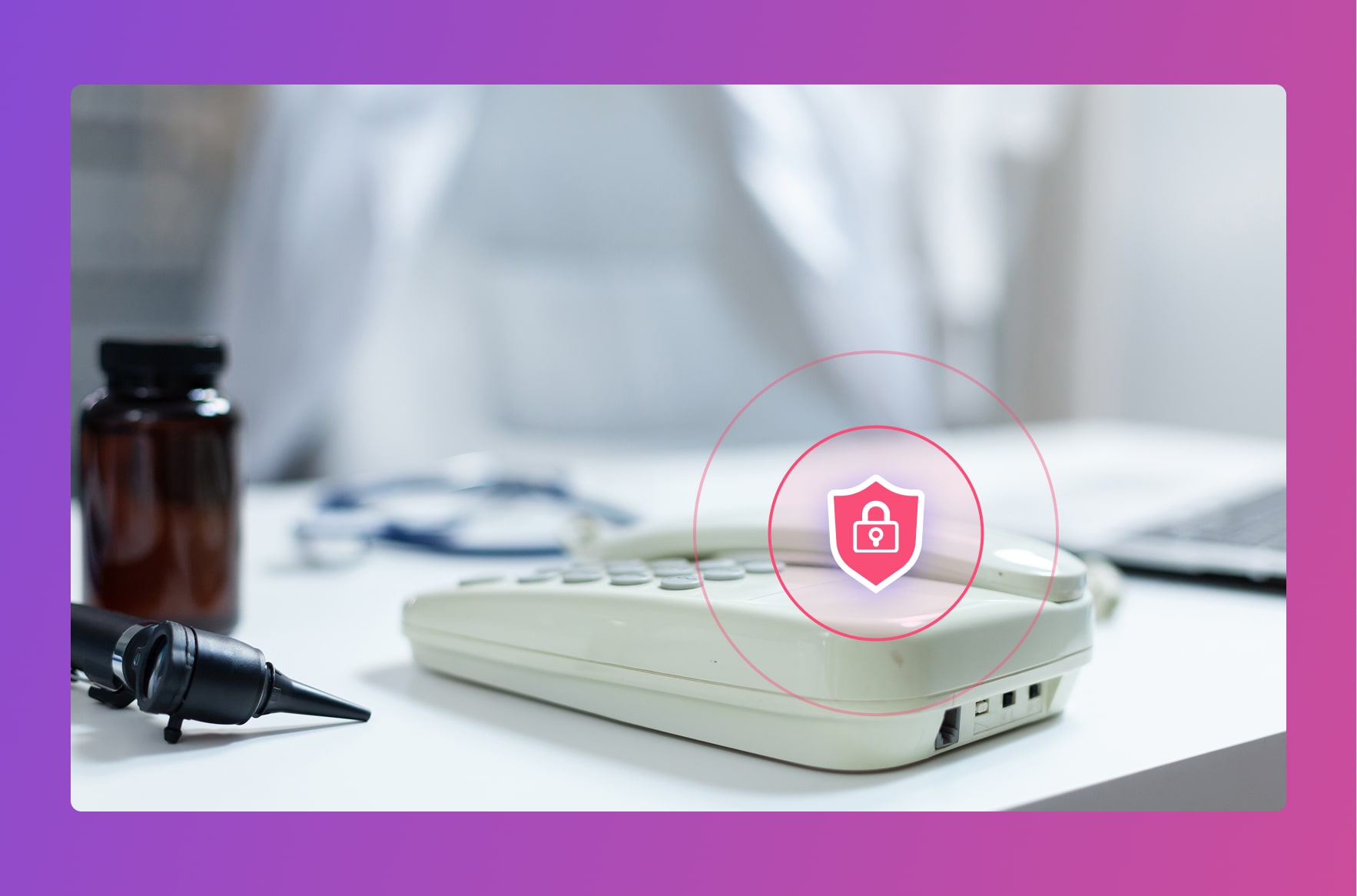
Many healthcare practices, hospitals, and telehealth providers rely on call tracking to:
- Improve patient communication – Making sure inquiries and follow-ups are handled efficiently.
- Enhance marketing effectiveness – Understanding which channels drive patient calls.
- Protect patient data – Avoiding security breaches and HIPAA violations.
- Avoid costly fines – Non-compliance can result in penalties of up to $50,000 per violation.
Healthcare providers can gain valuable insights while maintaining full regulatory compliance by using a HIPAA-compliant call tracking system.
Key Features of a HIPAA-Compliant Call Tracking Solution
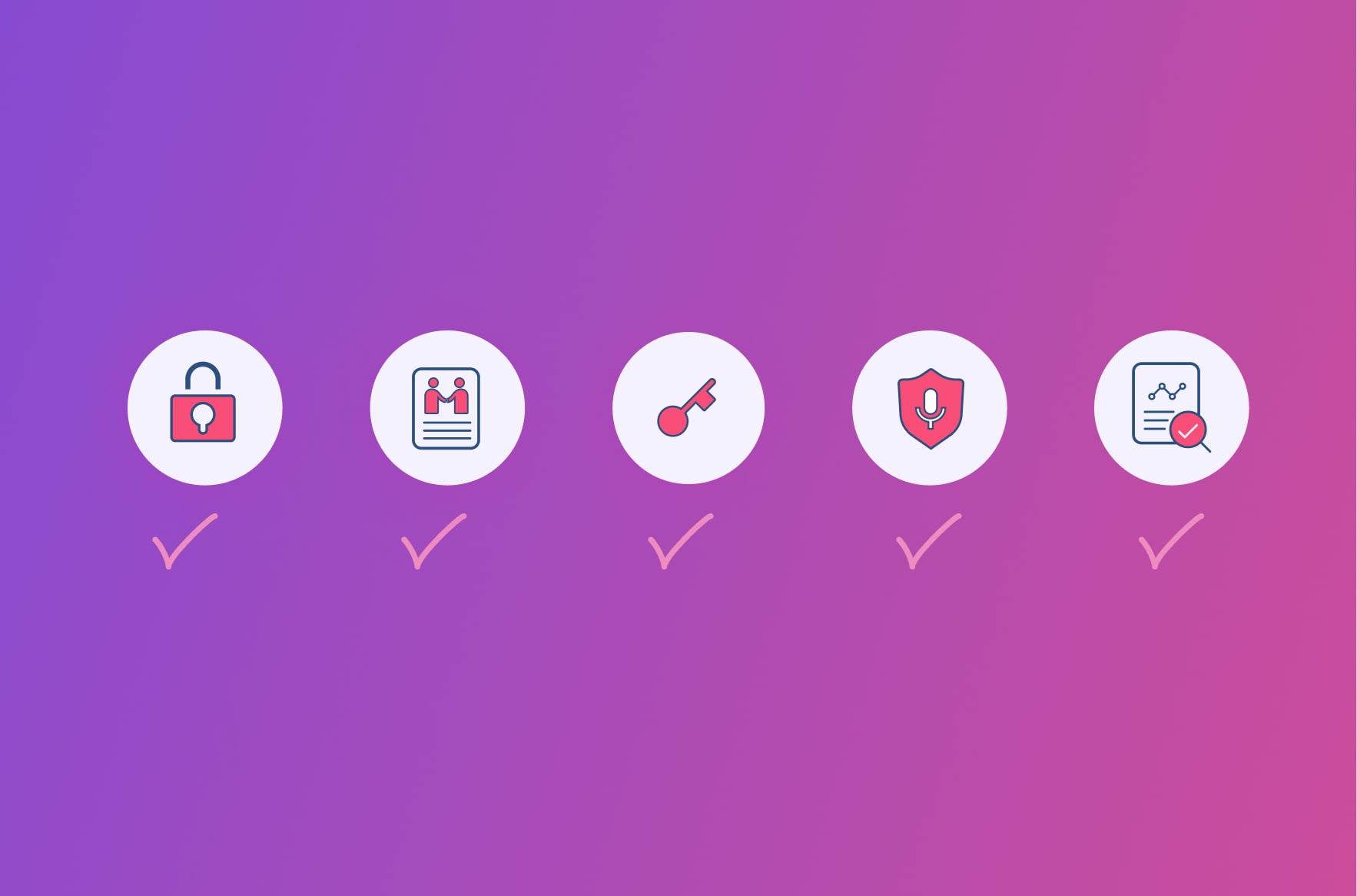
To ensure full compliance, your call tracking solution should include:
1. Data Encryption & Security Measures
To prevent unauthorized access, all recorded calls and transcriptions should be encrypted in transit and at rest.
2. Business Associate Agreement (BAA)
A BAA is a legally required contract between your healthcare practice and the call tracking provider. It ensures that your provider follows HIPAA regulations when handling patient data.
3. Access Control & User Permissions
Role-based access control (RBAC) ensures only authorized staff can access sensitive call data.
4. Secure Call Recording & PHI Redaction
HIPAA-compliant systems automatically redact PHI from transcriptions to prevent exposure.
5. Audit Logs & Compliance Monitoring
Audit logs track who accessed the system, when, and what data was viewed, helping to maintain accountability.
How HIPAA-Compliant Call Tracking Works
Here's a step-by-step breakdown of how a HIPAA-compliant call tracking system functions:
- A patient calls your practice to book an appointment.
- The call is routed through a HIPAA-compliant tracking system.
- The conversation is securely recorded and encrypted.
- Any PHI is automatically redacted from transcriptions.
- The healthcare team accesses secure call analytics to improve service.
Healthcare organizations can track call performance by following these steps while keeping patient data secure.
How Call Tracking Works in Practice
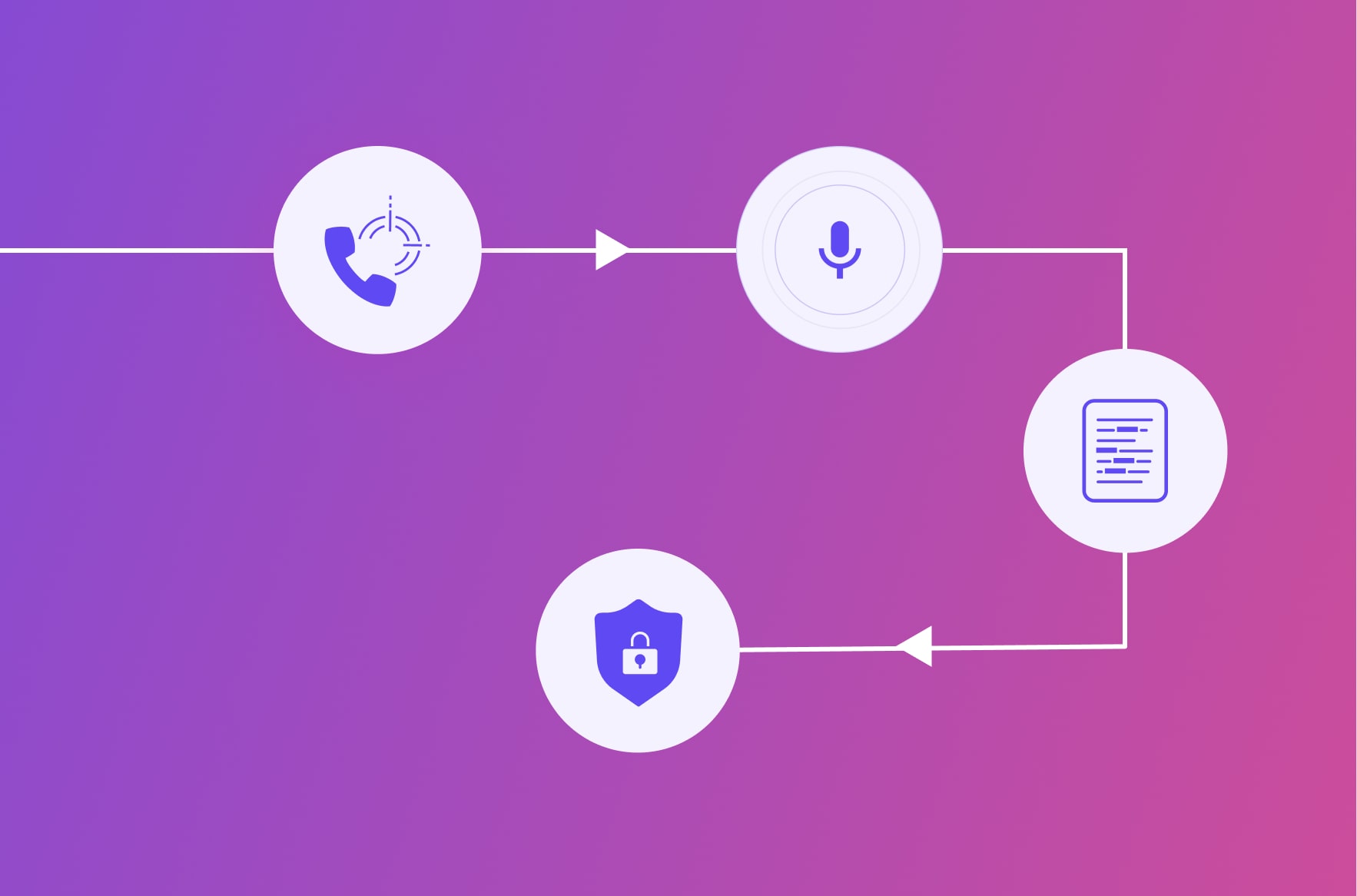
Implementing a call-tracking system requires careful planning and strategic execution. Before selecting a platform, establish clear objectives for your tracking needs.
Common HIPAA Compliance Mistakes in Call Tracking
Even with the best intentions, many healthcare providers unknowingly violate HIPAA rules. Common mistakes include:
- Using a non-compliant call tracking provider without a BAA.
- Failing to encrypt call data leaves it vulnerable to breaches.
- Allowing too many staff members to access PHI increases risk.
- Not conducting regular compliance audits to ensure ongoing security.
To avoid these pitfalls, choose a fully HIPAA-compliant call tracking solution that meets all security requirements.
Choosing the Right HIPAA-Compliant Call Tracking Software
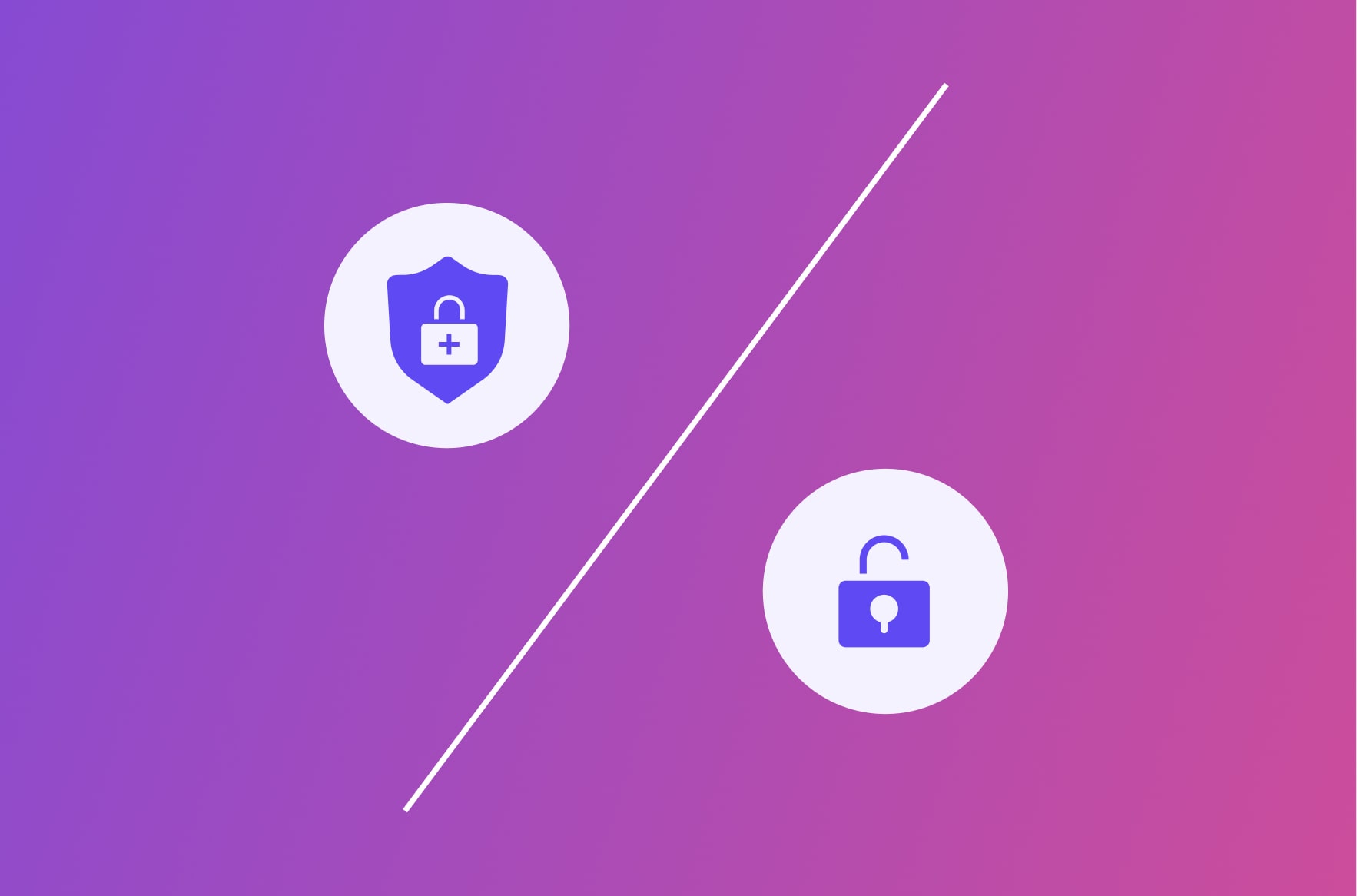
When selecting a provider, ask:
- Do they offer a signed BAA?
- Are calls and transcriptions encrypted?
- Can PHI be redacted automatically?
- Do they provide access controls and compliance monitoring?
Many generic call tracking solutions lack the security features, risking your practice.
Conclusion
Call tracking is essential for healthcare providers looking to enhance patient engagement and operational efficiency.
However, you risk data breaches, legal fines, and patient trust loss without the right HIPAA-compliant solution. TrackNotion offers a secure, compliant, and efficient call tracking solution tailored for healthcare professionals.
Want to see how TrackNotion works? Register for a free 14-day trial and see what TrackNotion can do for your practice.
